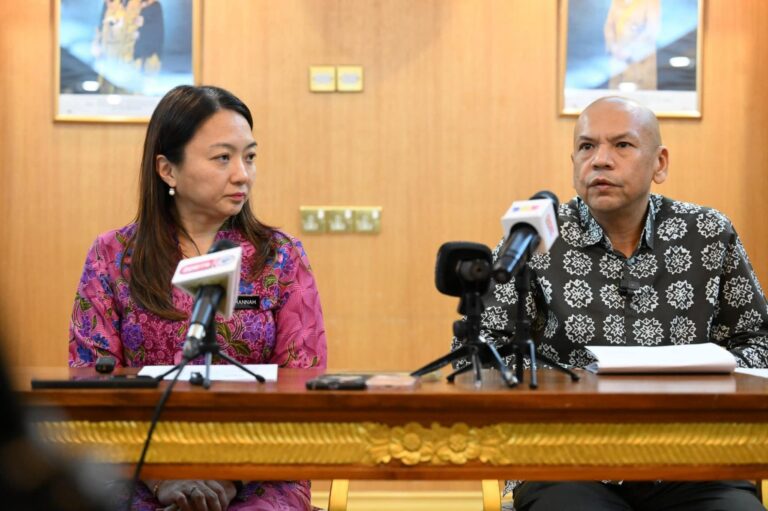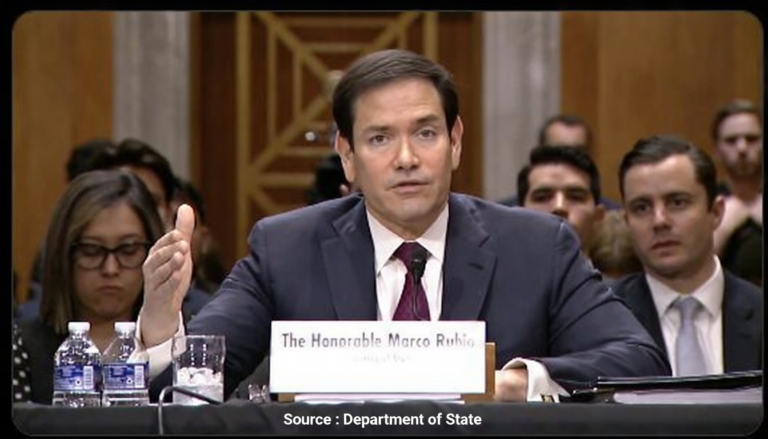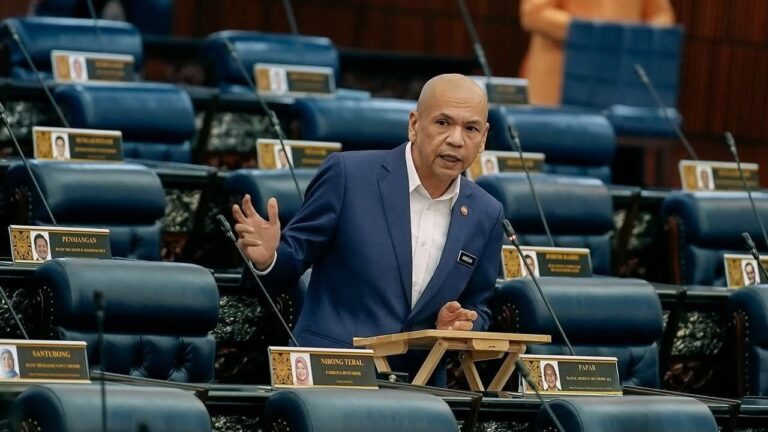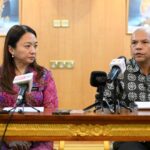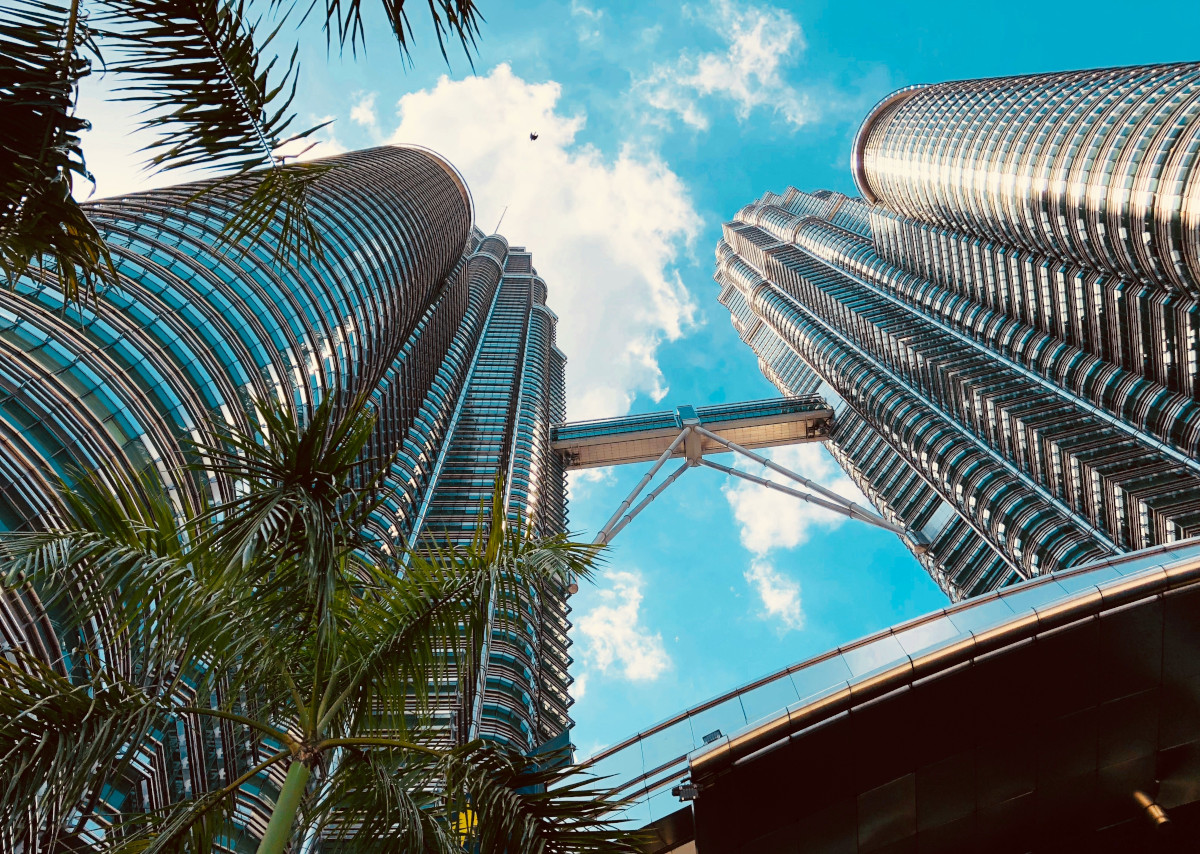
By Noraisah Yusop
In Malaysia’s rapidly urbanising landscape, physical development is often equated with national progress. Skyscrapers, mega infrastructure projects, and high-density condominiums dominate the skyline, offering a visual narrative of modernity and economic advancement. The excessive construction of high-rise condominiums, commercial blocks, and retail complexes, frequently disconnected from actual demand, local needs, or infrastructure capacity. This uncoordinated growth places immense strain on public services, exacerbates traffic congestion, undermines liveability, and may deepen social inequality by displacing communities.
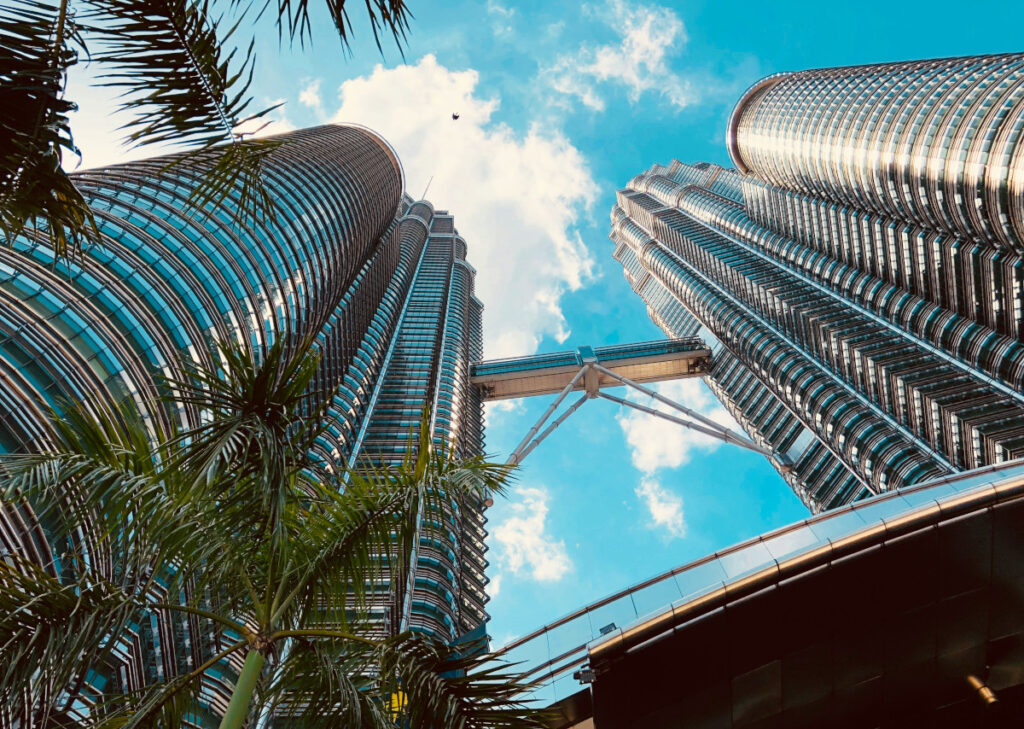
Overdevelopment does not inherently equate to economic growth. While skyscrapers and rapid construction may suggest progress, true economic development is measured by sustained productivity, job creation, rising incomes, and improvements in quality of life. Physical expansion without strategic planning risks creating the illusion of prosperity. A meaningful economic growth requires targeted investment particularly in high-potential sectors such as the digital economy, green industries, and human capital development. It calls for policies that empower small and medium enterprises, foster innovation, and improve productivity. Without these, overbuilt environments may turn into underutilised “ghost town”, contributing little to real economic dynamism.
This disconnect was strongly echoed during a recent townhall session in Bandar Tun Razak, where residents raised serious concerns. In a major city like Kuala Lumpur, basic community needs remain unmet. Participants highlighted schools without playing fields, congested residential areas with poor access to public transport and unsafe pedestrian walkways that discourage walking. MRT stations, while symbolising connectivity, lack sufficient park-and-ride facilities, and the absence of frequent feeder buses leaves many disconnected from the very infrastructure meant to serve them. These are not isolated issues.
Previous Malaysian development plans often focused on “urban renewal” to attract investment and build commercial areas. However, they overlooked the needs of existing communities, especially those being relocated. Many housing projects like PR1MA and PPR lack basic facilities such as parking spaces and easy access to public transport, even though national housing policies aim to improve accessibility and mobility. There needs to be stricter monitoring of local and regional development plans, with the Ministry of Education involved in planning school locations in growing urban areas.
To address these gaps, laws should be introduced to require temporary housing and resettlement support for communities affected by redevelopment. All affordable housing projects should be located within 400 metres of public transport and include sufficient parking. A temporary halt on new developments in overcrowded areas should be imposed until thorough studies on utilities, traffic, and school capacity are completed. New townships must include schools based on population needs.
Developers should be incentivised to build community spaces such as parks and sports facilities, with at least 10% of land allocated for public use. Finally, local residents must be included in development decision-making to ensure their voices are heard and their needs addressed. Growth that is data-driven, people-centred, and grounded in local realities can foster development that is inclusive, liveable, and sustainable. The 13th Malaysia Plan (RMK13) provides a timely opportunity to reframe urban planning in line with the principles of Ekonomi MADANI—ensuring that growth benefits all, not just the built environment.
This approach finds further support in regional studies. According to a joint study by the Asian Development Bank and the National University of Singapore (2015), despite rapid growth across Asia, up to 20% of the population still lives in extreme poverty, and nearly half remain vulnerable to falling back into it. The report concludes that economic growth alone is insufficient—new policies are needed to make growth more inclusive, including investments in education, skills development, entrepreneurship, and collaborative governance.
Malaysia’s SDG Roadmap Phase II (2021–2025) prioritises Sustainable Development Goal 11: sustainable cities and communities. This agenda calls for inclusive, resilient, and locally relevant planning. Similarly, the Malaysia MADANI Economy framework, launched in 2023, embeds values of care, innovation, trust, sustainability, and prosperity; reaffirming the importance of people-first development that extends beyond GDP metrics. National urban planning instruments such as the National Physical Plan (NPP) and local Town and Country Planning Schemes emphasise balanced regional development and curbing speculative sprawl.
Meanwhile, Environmental Impact Assessments (EIA) and slope safety regulations serve as essential safeguards to ensure that development respects ecological thresholds and social cohesion. To foster genuine economic progress, Malaysian cities must prioritise integrated solutions such as transit-oriented development (TOD), affordable and inclusive housing, green public infrastructure, and participatory governance. The Penang Transport Master Plan, for example, integrates LRT systems and multimodal connectivity to support compact, community-aligned growth.
Overdevelopment, when detached from strategic planning and social considerations, burdens public resources. Uncontrolled development also diverts public resources toward maintaining unused infrastructure, fuels urban sprawl, and depletes environmental assets critical to public health, tourism, and resilience.
The success of a city should not be judged by how fast or how tall it builds, but by how wisely and inclusively it grows by balancing development with sustainability, community needs, and equitable governance. In essence, true development is not about how much is built but how many lives are improved.

Dr Noraisah Yusop is a Postdoctoral Research Fellow at the International Institute of Public Policy and Management (INPUMA) Universiti Malaya.





